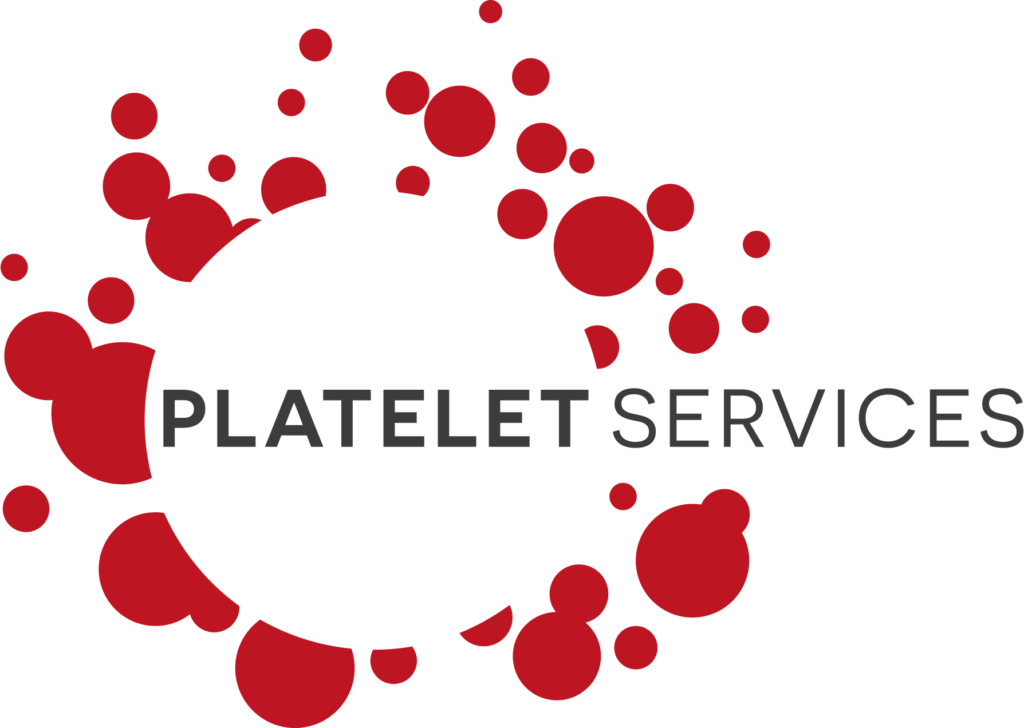In the latest instalment of our antiplatelet therapy series, we take a look at platelet function testing and how requirements for it have shifted throughout the years.
In our previous blogs, we have outlined the evolution of anti-platelet therapy and the pivotal role these therapies have come to play in the management of cardiovascular disease. You can view our blogs on intravenous antiplatelet therapy and oral antiplatelet therapy to read more in detail about those topics.
The importance of platelet function testing
Platelet function testing has been an important tool at all stages of the discovery of these agents, from target selection and validation, through lead identification and optimisation, to establishment of pharmacodynamic (PD)/pharmacokinetic (PK) relationships, determination of selectivity and of therapeutic index (anti-thrombotic effect vs bleeding prolongation).
Through assessment of the activity and potency of anti-platelet drugs, platelet function testing has historically been a core component in the discovery and development of novel anti-thrombotic agents designed to target receptors, enzymes or adhesion proteins involved in platelet activation and aggregation.
Application of translational science
The easy access to relevant cells (human platelets) for preclinical testing has allowed for the seamless application of translational science, with PK/PD and dose/response relationships established preclinically being used to guide dose selection in early clinical studies. Here, using the same matrices (blood/plasma) and methods (typically light transmission aggregometry (LTA) or impedance) used preclinically, the clinical PK/PD profile could be established in the first studies in healthy volunteers and patients, and used to select the doses to take forward into larger, pivotal, clinical studies.
However, the specialist nature of “traditional” platelet function testing methods, and the short viability of blood or plasma samples for this purpose, meant that it was a challenge to use these methods in large multi-centre studies. This led to the development of “point of care”/“bedside” platelet function tests, notably the VerifyNow system, which has been widely used in clinical studies of GPIIb/IIIa antagonists and P2Y12 inhibitors.
Choice of P2Y12 inhibitor
As clinical experience with P2Y12 inhibitors has built, the concept of “resistance” to the effects of one of these agents (clopidogrel) has emerged, characterised by High Residual Platelet Reactivity (HRPR), typically measured using LTA or VerifyNow, with standardised cut-off values.
Although platelet function testing was relied upon for clinical development of P2Y12 inhibitors, there has been long-running debate regarding whether monitoring of platelet function and observation of HRPR on clopidogrel can/should be used to guide a decision to switch to an alternative P2Y12 inhibitor (prasugrel, ticagrelor)1. More recent analyses2 suggest that guided selection of antiplatelet therapy, by means of platelet function testing or genetic testing, can have both clinical and economic benefits.
Non-clinical requirements
The requirement for platelet function testing in non-clinical situations has shifted to the understanding and removal/reduction of potential platelet-related liabilities in drug discovery projects targeting a range of therapy areas, in particular the area of oncology.
Recent developments in this space include an increased range of platelet function tests being available in a high-throughput, data-rich, format to support a quantitative pharmacology approach.
Here at Platelet Services, we provide full-range, independent pre-clinical services in platelet testing. Our mission is to use best practice to solve platelet challenges in drug discovery and development. Find out more about our service offering here.

